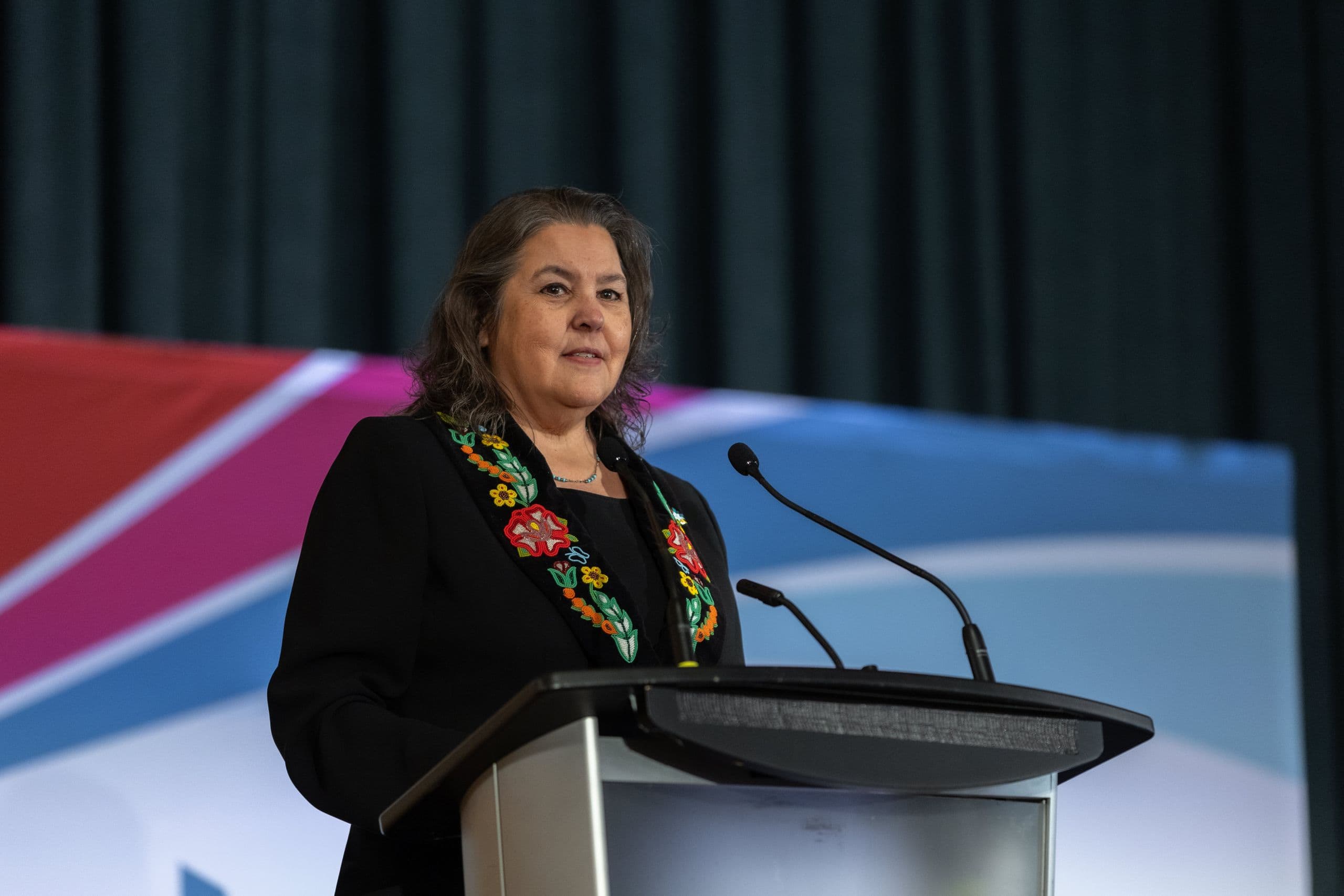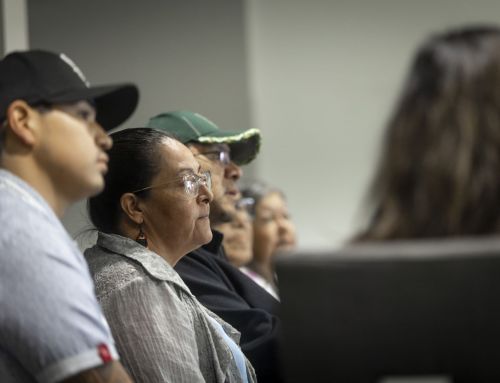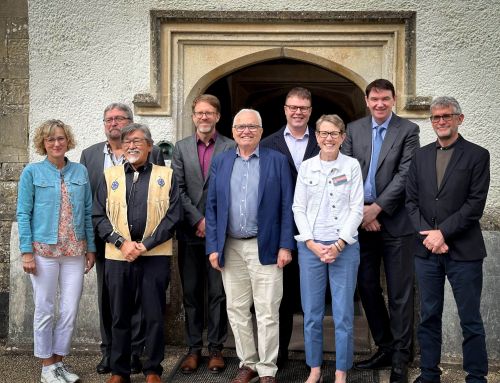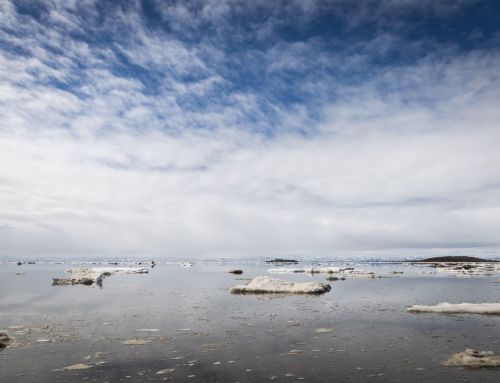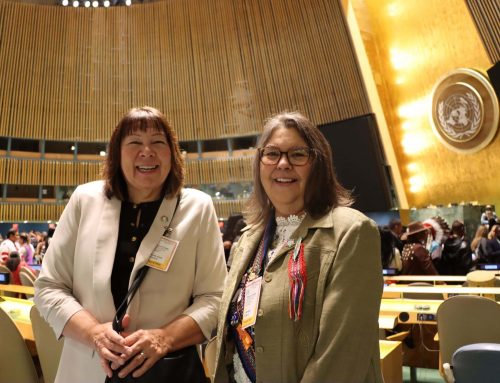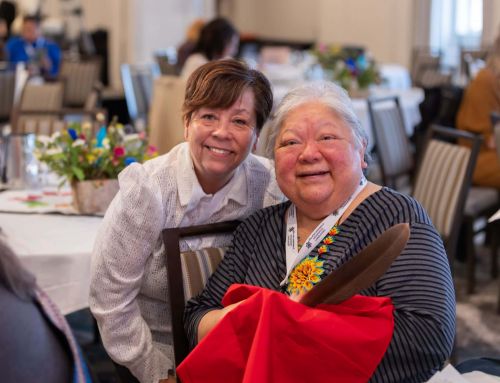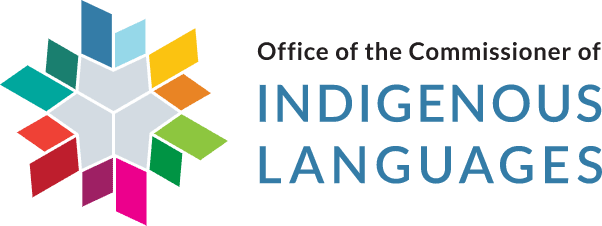Métis Language Gathering (March 14-15, 2024)
The Office of the Commissioner of Indigenous Languages hosted the first of many regional gatherings with a focus on Métis language revitalization and preservation. The goal of this event was to engage with and hear directly from Métis Elders, Youth, language keepers, experts, and speakers and support their unique vision on reclaiming, revitalizing, maintaining, and strengthening their languages. Held on the homeland of the Red River Métis and Treaty One territory (Winnipeg, MB), the event brought together nearly 100 participants who collectively discussed Métis language immersion programming, funding, identity, and youth perspectives on language revitalization.
The Master of Ceremonies introduced the Kinew Youth Fiddlers who entertained during the arrival of participants. The evening celebration began with a renowned Métis Elder delivering an opening prayer in Michif. Opening remarks were delivered by Commissioner of Indigenous Languages, Ronald Ignace, and Director Georgina Liberty.
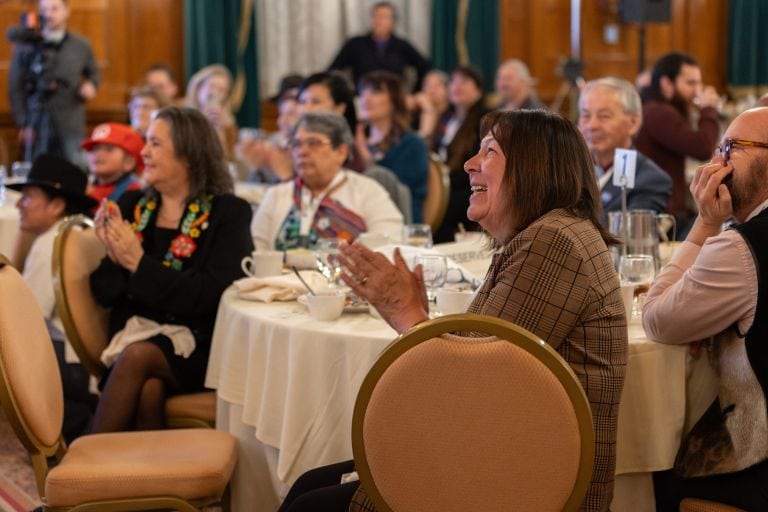
Following dinner, there were several performances: fiddle music by a mother-son duo, dancing by the Kinew Youth Dancers, and Michif songs. Each of these performers actively do the work to keep traditions alive through practice and performance, which concluded the first day with inspiration and hope.
On the morning following the welcome by Director Liberty, a Métis Elder offered an opening prayer. The Master of Ceremonies provided an overview of the day and introduced Commissioner Ignace, who. emphasized the importance of Indigenous languages, the Commission’s role and priorities, and the need for substantial funding to support the reclamation, revitalization, strengthening and maintenance of Indigenous languages.
The first panel focused on immersion programming, with each panelist highlighting the benefits of immersion learning methods. They encouraged embracing the silence that comes with language reclamation and allowing learners time to think and speak while learning. Teachers were reminded to be compassionate with themselves, given the high expectations and time pressure involved. Panelists emphasized that beautiful things can happen in immersion – specifically through Master Apprentice programs – as they have seen healing within families, relationships, and within learners.
Breakout rooms generated ideas and discussion on the following four topics: funding model, innovative programs, identity, and generative Artificial Intelligence.
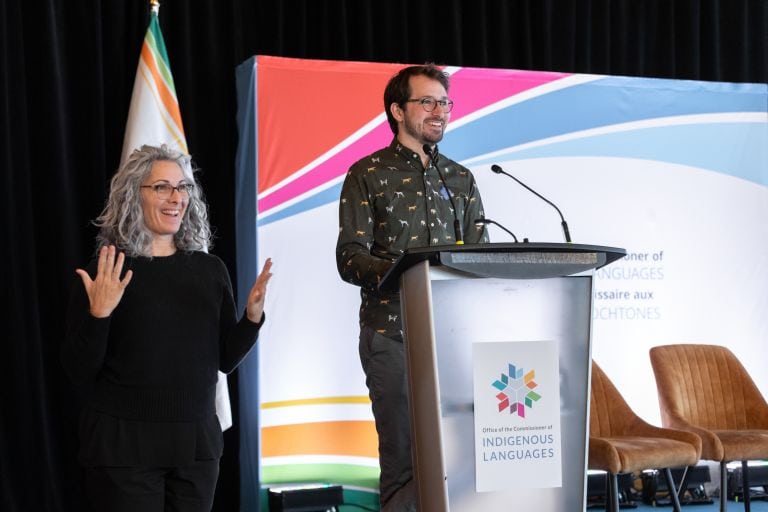
A keynote presentation during lunch by Dr. Daniel Brant focused on Indigenous Languages and Adequacy of Funding. Emphasizing the need for significant funding and the need for celebrating and uplifting Indigenous languages, Dr. Brant recognized the tremendous scope of language learning and quoted Dr. Lorna Williams: “You’re not learning a word; you’re learning a world.”
After lunch, another panel discussion was held highlighting Youth perspectives on Michif language revitalization. Panelists shared their unique journeys, the importance of collaboration and patience, and to find the fun and laughter while facing the many challenges of language learning.
The gathering ended with a theatrical performance of Minoosh Doo-Kapeeshiw (Cat Goes Camping).
As the gathering concluded, most Elders, language keepers, and teachers concur that sustainable, long-term funding is essential for successful immersion programs. Adequate funding ensures that educators are well-equipped and supported to expand and maintain these vital language programs. While funding remains a critical concern, a significant challenge lies in cultivating a pool of motivated adult fluent speakers who are passionate about passing on the language and continuing the important work initiated by their Elders.
It was clear that individuals who are deeply invested in revitalizing and preserving the Michif language have insights that will help shape the future work and initiatives of the Commission.
